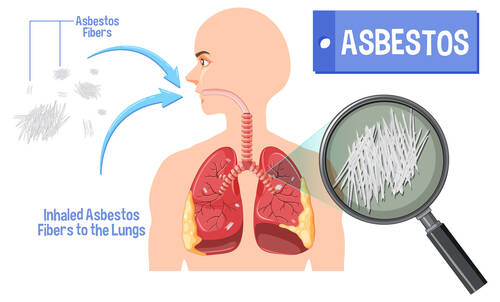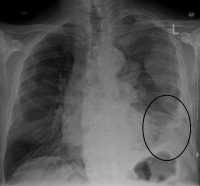Mesothelioma is a rare and aggressive cancer caused primarily by exposure to asbestos. The majority of mesothelioma cases affect the pleural area of the lungs, but the disease can also develop in abdominal, heart, or testicular tissues.
The treatment of mesothelioma remains challenging because doctors detect it late, and it advances quickly, yet medical science brings new hope to those affected by this disease. Here are five current treatments available for mesothelioma, giving you and your loved ones hope.
1. Surgery: Removing the Tumor
With early-diagnosis patients benefit most from surgery, which extends their survival time and enhances their quality of life. Two primary surgical treatments exist for pleural mesothelioma diagnosis:- Extrapleural Pneumonectomy (EPP): The aggressive treatment method Extrapleural Pneumonectomy (EPP) requires surgeons to remove both the affected lung and diaphragm segments and the pleural lining surrounding the heart. The operation removes significant tumor mass but requires a long recovery, and it works best for early-stage pleural mesothelioma patients, particularly those with the epithelial cell type, as it tends to respond better to treatment.
- Pleurectomy/Decortication (P/D): Medical professionals remove the lung lining and chest wall tissues but leave the lung intact. When patients cannot endure whole-lung removal, P/D provides a treatment option that alleviates symptoms and helps prevent disease advancement.







